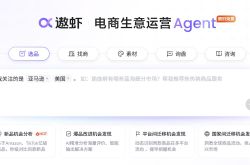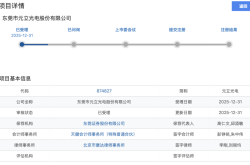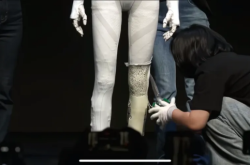US Tech Giants Struggle Under Tariff Pressure: Navigating the Future
![]() 04/15 2025
04/15 2025
![]() 664
664
Under the heavy weight of Trump's tariffs, the seven major Silicon Valley tech stocks have suffered widespread declines. As of this week's close, Apple fell 4.24%, Microsoft dropped 2.34%, NVIDIA plunged 5.91%, Amazon declined 5.17%, Google C (Alphabet) dipped 3.53%, Meta (Facebook) tumbled 6.74%, and Tesla slid 7.27%.
This tariff war, waged in the name of trade fairness, has left US tech giants, heavily reliant on global supply chains, mired in difficulties without achieving the goal of repatriating industries to the US.
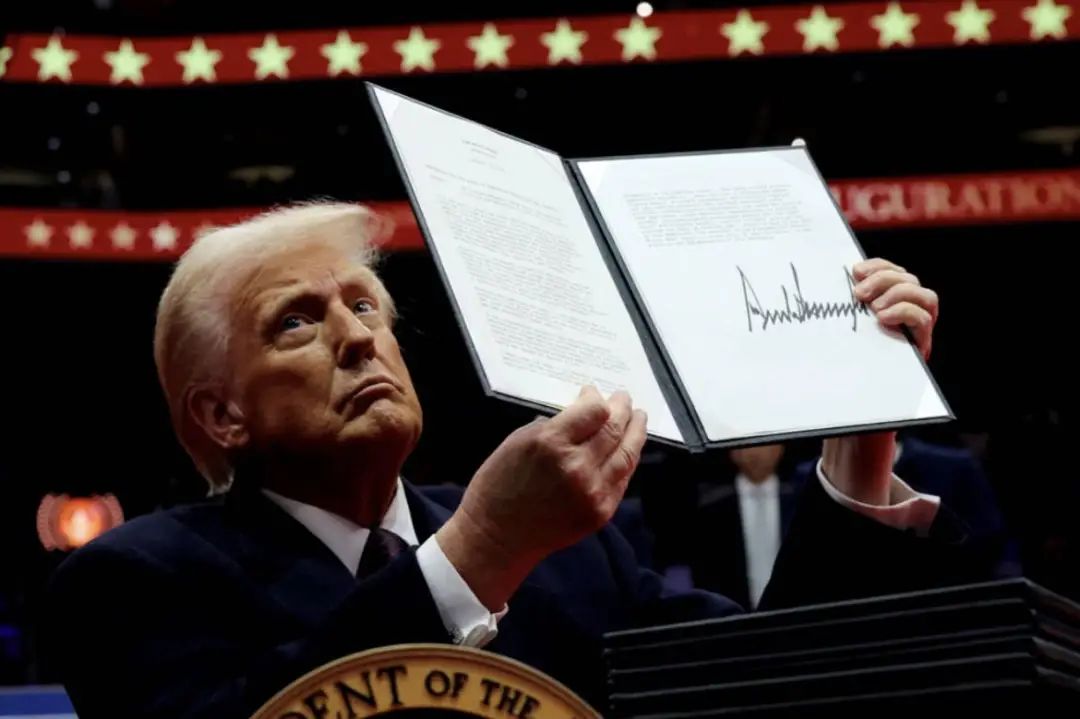
01
Precisely Targeting the Tech Titans
The Fragile Achilles' Heel of Cross-Border Manufacturing
"Comprehensive imposition of a 34% base tariff and multiple targeted punitive taxes on imported goods, with the combined tax rate for some goods even soaring to 145%." Trump's latest tariff policy can be described as one of the most destructive trade barrier escalations in recent years. This unilateral move not only signifies a subversive shift in policy tone but also directly triggers a systematic adjustment of global supply chains. Deviating from a relatively relaxed stance towards global supply chains, US tech giants are now grappling with labor pains under the weight of these tariffs.
From Apple's charter flights to escape iPhone tariffs to Tesla's soaring costs; from NVIDIA's disrupted chip supply chains to Amazon's small and medium sellers fleeing, US technology companies are almost universally facing the same supply chain dilemma.
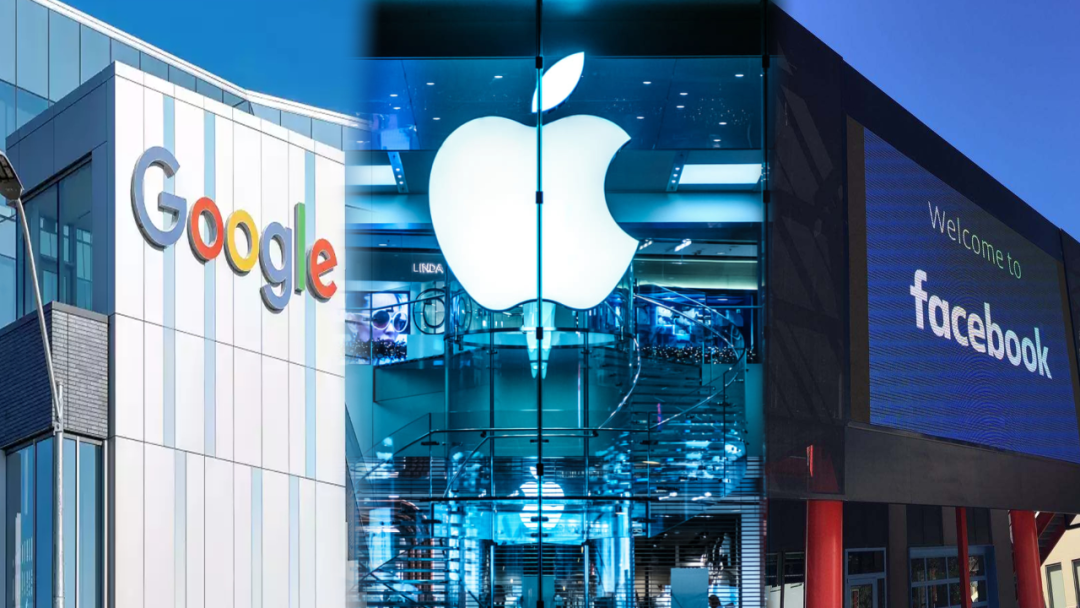
Take Apple as an example - a benchmark for global manufacturing, its product manufacturing landscape remains heavily anchored overseas, particularly in China. Data indicates that approximately 98% of iPhones, 90% of AirPods, and 60% of Vision Pro key components are still manufactured in Chinese factories. If production in China is maintained, Apple will have to bear the pressure of a $120 cost increase per iPhone, and shifting production capacity to India and Vietnam also faces double taxation. For instance, AirPods assembled in Vietnam are still subject to a 46% tariff by the US due to containing Taiwanese chips.
Even if Apple initiates an emergency strategy of "airfreight stockpiling" and rushes 600 tons of iPhones to the US from India within three days through five charter flights, its $15 billion inventory is only sufficient to maintain demand in the North American market for three quarters, failing to resolve the long-term supply chain reconstruction dilemma. Short-term supply chain transfers and reorganizations are by no means straightforward.
02
Cost Pass-Through
May Strangle the Market
In addition to the supply chain crisis, tech giants also face the choice of how to pass on increased costs.
According to news website Quartz, a recent survey by research firm Zalliant of 400 American business executives found that 44% of companies plan to pass on higher costs from tariffs to customers.
Estimates suggest that if Apple absorbs 54% of the tariff costs itself, it will lose $33 billion annually, equivalent to 35% of its 2024 net profit; despite Microsoft's hardware production lines being dispersed in Vietnam, tariffs on electronics still lead to increased costs. With Microsoft's hardware business profit margin already below 5%, if the cost is not passed on to consumers, the tariff impact may directly push it into losses.
Reuters reported that one of the largest chip manufacturers plans to start imposing tariff surcharges. Micron notified its customers in a letter that, despite Trump's statement last week that tariffs would be waived on semiconductors, the new tariffs still apply to memory modules and solid-state drives.
Passing costs on to consumers means shrinking demand. According to institutional forecasts, after the price of the iPhone rises to $2,300, sales in the US market may plummet by 40%.
"The pricing model based on zero tariffs and global scale is no longer tenable, and the era of low-cost consumer electronics is collapsing," said Kevin O'Mara, co-founder of Zero100 and supply chain strategist.
03
The AI Industry Chain of Giants
May Be Affected
This tariff war brings about the labor pains of globalization and is reshaping the strategic logic of giants in the future.
Microsoft is dispersing AI training servers from Taiwan, China, to Malaysia and Ireland; Amazon is passing on the increased cost of AWS hardware to cloud service prices; Tesla will have to develop battery specifications adapted to local supply chains for different markets in the future; Meta's metaverse devices are functionally compromised due to differences in component tariffs.
This is not just a short-term expedient; a more profound impact lies in the structural shift of R&D investment. Artificial intelligence construction is crucial for large technology companies such as Google, Amazon, and Microsoft, as well as large venture-funded startups like OpenAI and Anthropic. The tariff blitzkrieg may accelerate the bursting of the AI bubble.

From the perspective of the strategic development of technology companies themselves, in response to hardware inflation triggered by tariffs, Silicon Valley giants are forced to cut long-term basic research budgets. Microsoft has postponed the construction of a 2GW data center, and Google has compressed its $75 billion capital expenditure for 2025 to a "flexible range," adjustments that will directly impact industries such as AI. From the perspective of the global layout of the AI industry, the US tariff policy has disrupted the originally efficient global industrial chain collaboration system.
As chip prices rise and investors become pessimistic about the outlook, the AI bubble in Silicon Valley will accelerate its collapse.
The European Union has launched the Digital Markets Act to sanction Silicon Valley giants, Canada has imposed retaliatory tariffs of 25% on US cars, and French President Macron has stated bluntly that "tariff wars violate the principles of economics," hinting at imposing higher digital taxes on US technology companies.
This trade war, which boasts of "making America great again," will become labor pains for tech giants, consumers, and even the global industrial chain.



